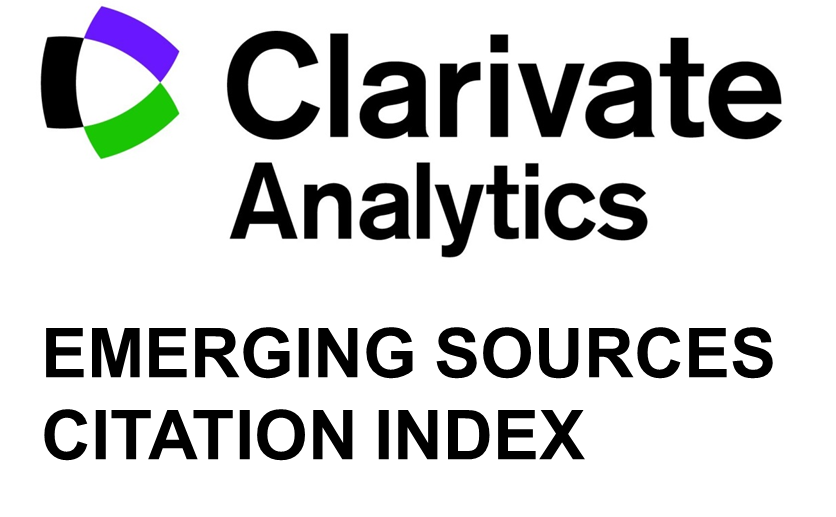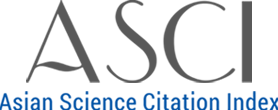Organizational behavior from the perspective of methodological isomorphism
DOI:
https://doi.org/10.5937/StraMan2300037MKeywords:
organisational behaviour, organisational culture, perception, stakeholder, isomorphismAbstract
Background: As an interdisciplinary research area at the interface of management theory, psychology, sociology, social anthropology, and cultural studies, organizational behavior (OB) still lacks a clear definition, whereas its status and scope have not been precisely determined. Some experts believe that the knowledge of all possible instances of OB and its constant improvement is the key to the proper calibration of management techniques, organizational dynamics, and more active staff. Others stress that OB has lost its significance and authority as an academic discipline.
Purpose: The goal of the research is to develop an approach that complements and further develops concepts comprising OB theory as regards the identification of micro-, meso-, and macro-organizational behavior actors – individuals, groups, teams, the organization itself, and its external stakeholders.
Study design/methodology/approach: The authors provide a solid framework for the principle of methodological isomorphism and its application to the indicators of OB – measures of organizational actions. Further, a possibility for the methodological integration of tools for managing the OB of all categories of actors is demonstrated.
Findings/conclusions: An original definition of OB management is offered and justified. The focus is on the strategic context of efforts to improve OB. A strategy map used in OB management is provided as an illustration. It is concluded that the sustainable success of an organization heavily depends on how stakeholders (actors) perceive the efforts of the management to enhance working conditions and the organizational culture of the work environment, as well as to strengthen the market leadership of the organization.
Limitations/future research: The research limitations lie in the scope of methodological challenges which need to be solved. New approaches to monitoring, analyzing, and evaluating the measurement results are going to be proposed and researched. The methodology and relevant calculations for perception indicators computation are going to be explored.
Downloads
Published
Issue
Section
License
Copyright (c) 2023 Igor Maksimtsev, Sergei Gorchakov, Konstantin Kostin, Yuliya Rastova , Tomislav Sudarević

This work is licensed under a Creative Commons Attribution 4.0 International License.














